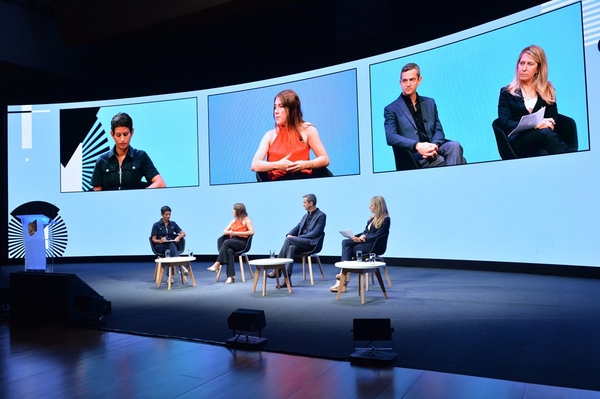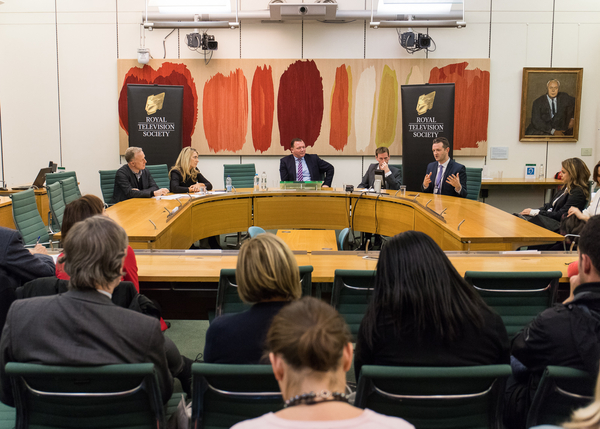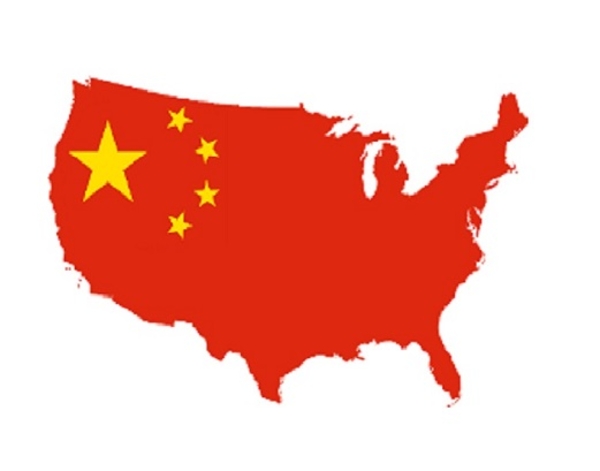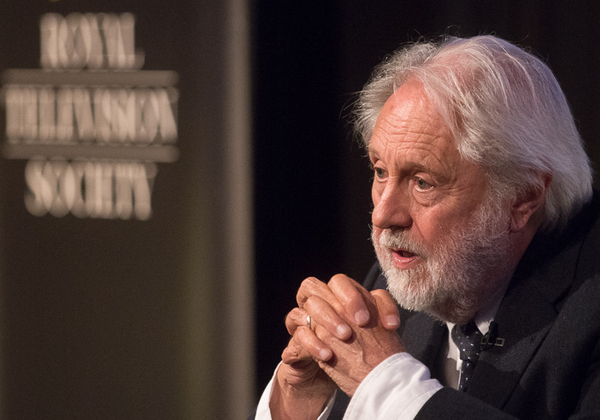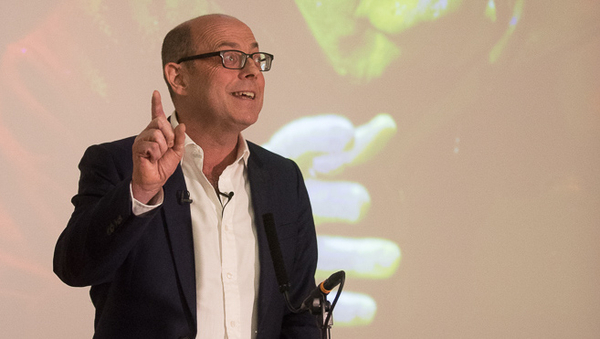RTS APPG: The Future of TV Journalism in an Age of Fake News and Disinformation
Our panel will discuss the impact of fake news and disinformation on TV journalism.
How can we ensure that citizens get fair, balanced and impartial news?
Broadcast TV news has been founded on these principles but in an age of fake news, partisan news channels and social media, this model appears to be under threat. How do we secure it for the future?

